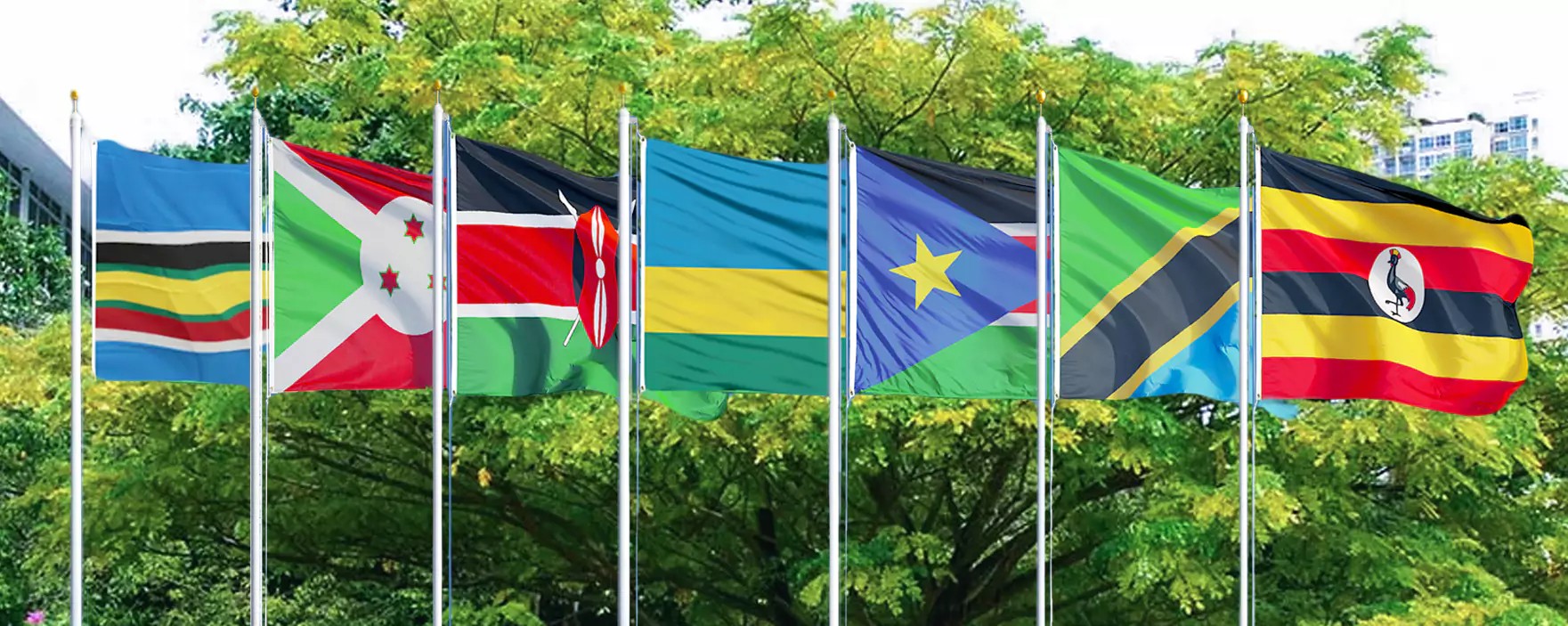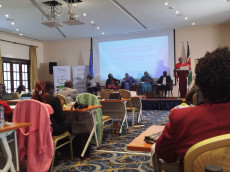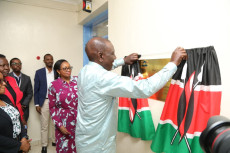- In East Africa, Kenya has taken the lead by constructing the Standard Gauge Railway (SGR) from Mombasa to Nairobi, with the intention of connecting Rwanda, Uganda, and the entire Central Africa.
Infrastructure development plays a crucial role in the success or failure of the relationship within the East African Community (EAC) region.
The leaders of African countries have a vision of connecting all nations through various modes of transportation such as roads, airways, waterways, and railways. This ambitious plan aims to facilitate faster movement of goods and services across the region.
In East Africa, Kenya has taken the lead by constructing the Standard Gauge Railway (SGR) from Mombasa to Nairobi, with the intention of connecting Rwanda, Uganda, and the entire Central Africa.
Furthermore, Kenya has recently signed an agreement with Ethiopia, allowing them to utilize the Lamu port. Consequently, a new railway line will be built from Lamu to Ethiopia's capital city, Addis Ababa.
The question arises as to whether this development will foster a smooth relationship between the two countries. These infrastructure developments can be leveraged to enhance understanding and strengthen trust and mutual cooperation between nations.
Read More
At the citizen level, Kenyans and Ugandans have developed a better mutual understanding due to open border points and the seamless flow of goods between the two countries.
For instance, the Kenyan government renovated the port of Kisumu last year and launched a new cargo ship that operates through Lake Victoria, connecting Uganda and Tanzania.
Despite occasional conflicts between Kenyan and Ugandan fishermen over fishing points like the Migingo Island, these disputes have not significantly affected the overall relationship between the two countries, thanks to their strong trade ties.
In contrast, Kenya and Tanzania have often experienced strained relations. The most recent example is the suspension of Kenya Airways passenger flights to Dar es Salaam by the Tanzanian Civil Aviation Authority.
This action was taken in response to Kenya's refusal to allow Tanzanian cargo flights operated by Air Tanzanian Cargo Flight Limited (ATCL) to operate from Nairobi to other countries.
Furthermore, this strained relationship has had an impact on small-scale trading. Tanzania rejects goods from Kenya, while Tanzanian products are openly sold in Kenyan markets without any restrictions.
Tanzanians are treated well in Kenya, but there is a sense of suspicion towards Kenyans among the Tanzanian population. They have been taught to perceive Kenya as a "man-eat-man" society.
It is interesting to note that Safaricom chose to expand into Ethiopia, the largest company in East Africa, rather than Uganda or Tanzania. Ethiopia granted them a license for operation. The question arises whether Tanzania would have granted them a license as well.
Rwanda used to have a hostile stance towards citizens from EAC countries, but a change in policies led to visa-free access, opening up Rwanda to other citizens. Despite some incidents of harassment in Juba, the relationship between Kenya and South Sudan has been relatively smooth.
As trade agreements between Kenya and Ethiopia come to fruition, efforts to improve relationships, particularly in comparison to Tanzania, are underway. The readiness of Ethiopia for the Lamu port project remains a question, especially considering the conditions imposed by Djibouti and Somaliland.
Kenya's reliability as a partner in the region is evident through its infrastructure development efforts for regional growth.
Kenya, as one of the transit countries, enjoys more favorable tariffs in ports compared to others. For instance, in Eastleigh-Nairobi, Ethiopian nationals run and control public transport matatus. The reception received, whether welcoming or hostile, reflects the perception of the country towards Kenya.
Strategically, Ethiopia should nurture its relationship with Kenya, given its challenging neighborhood surrounded by Sudan, South Sudan, Egypt, Eritrea, Djibouti, and Somalia. Kenya, on the other hand, offers a conducive environment for Ethiopia, providing safety and hospitality for business ventures and mutual benefit.












